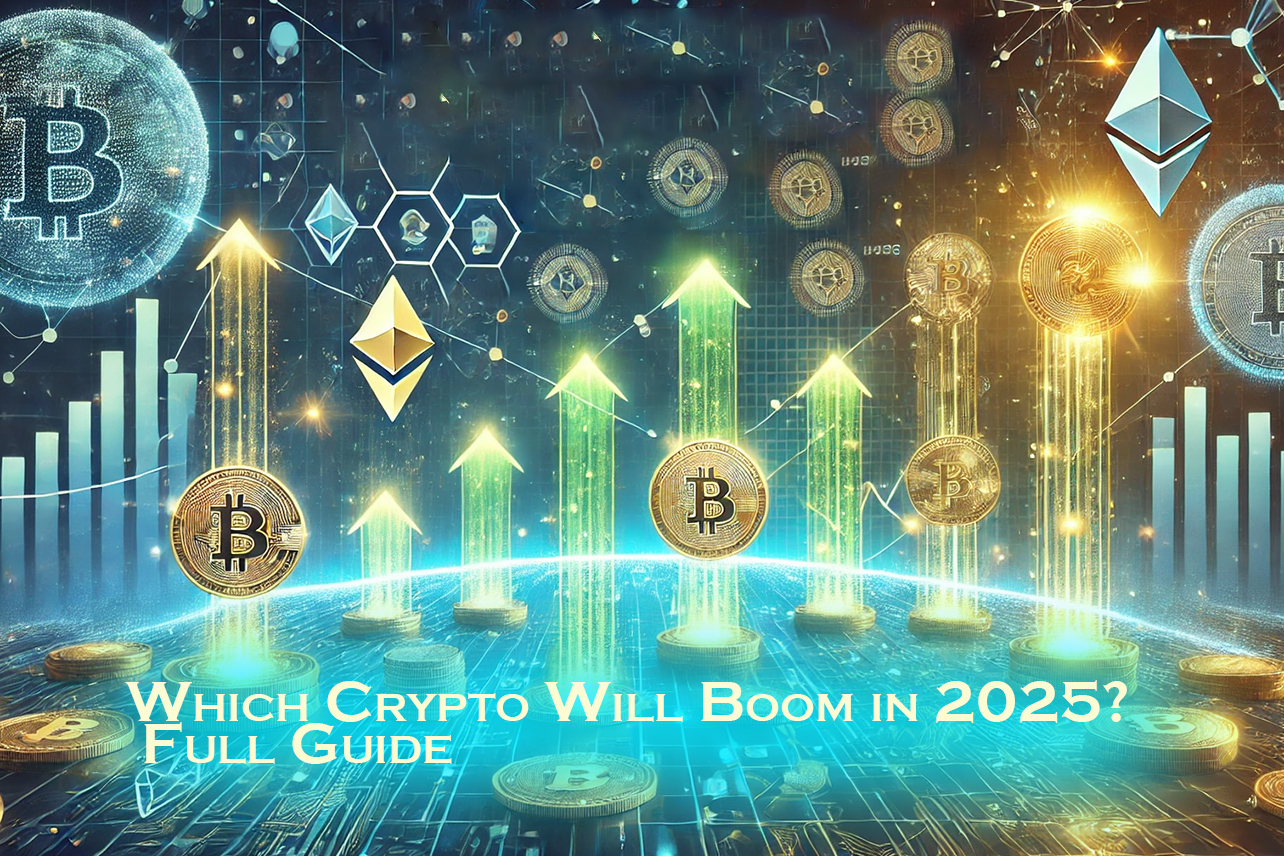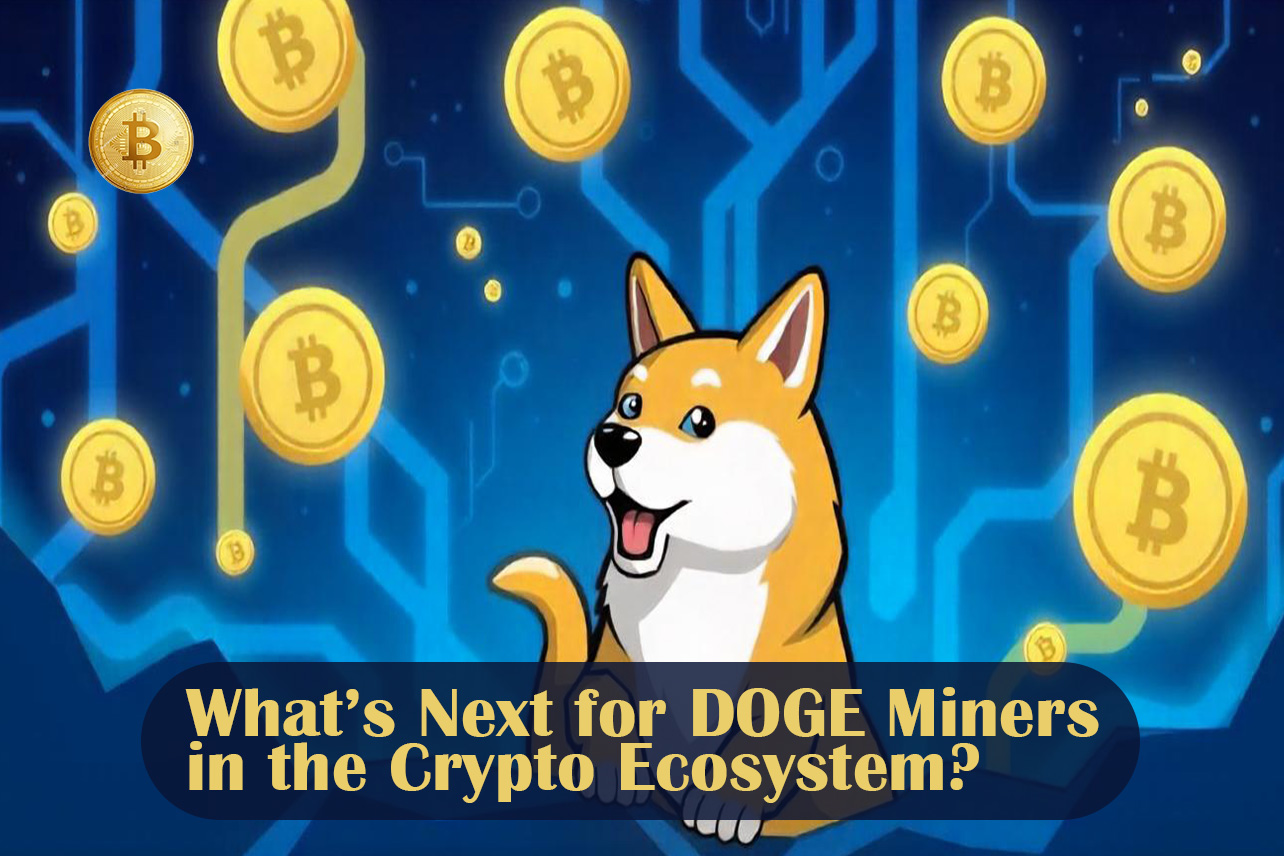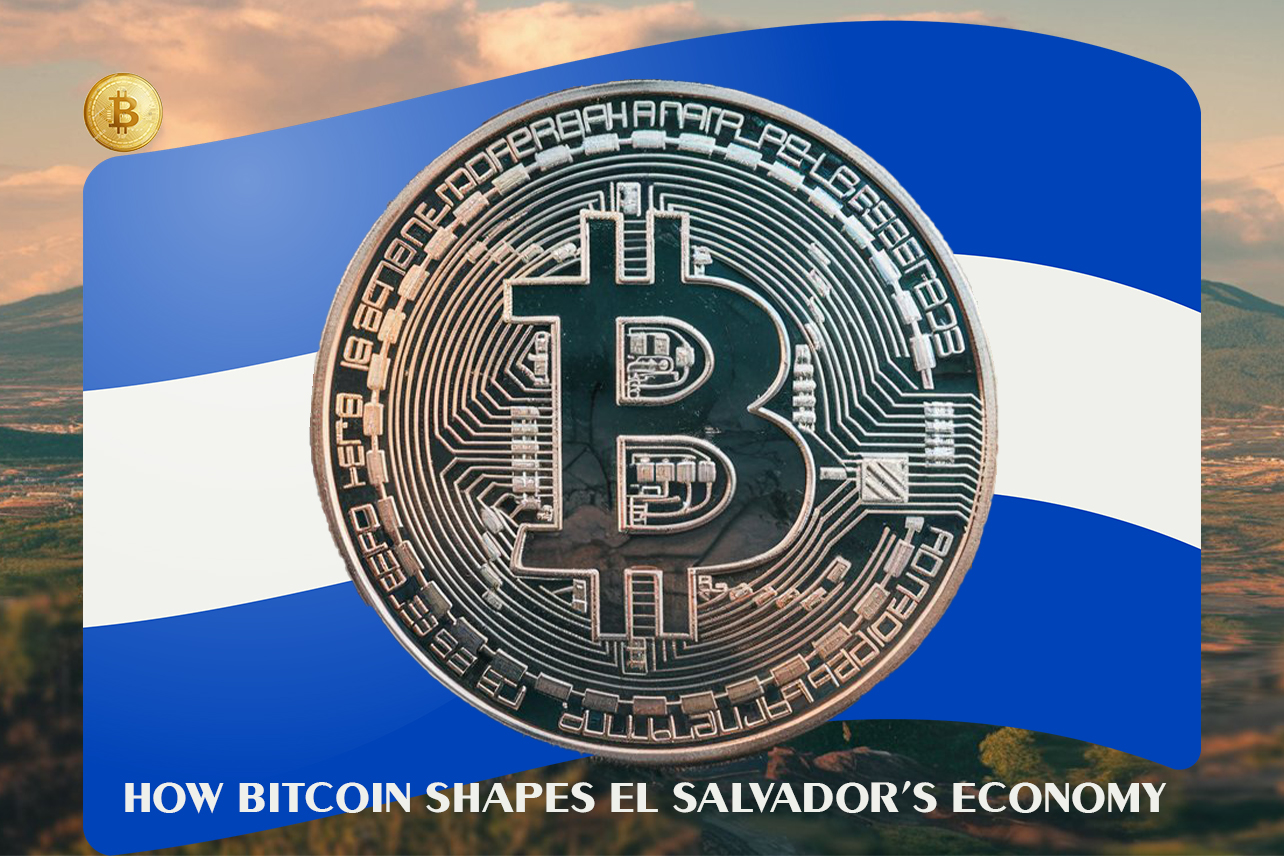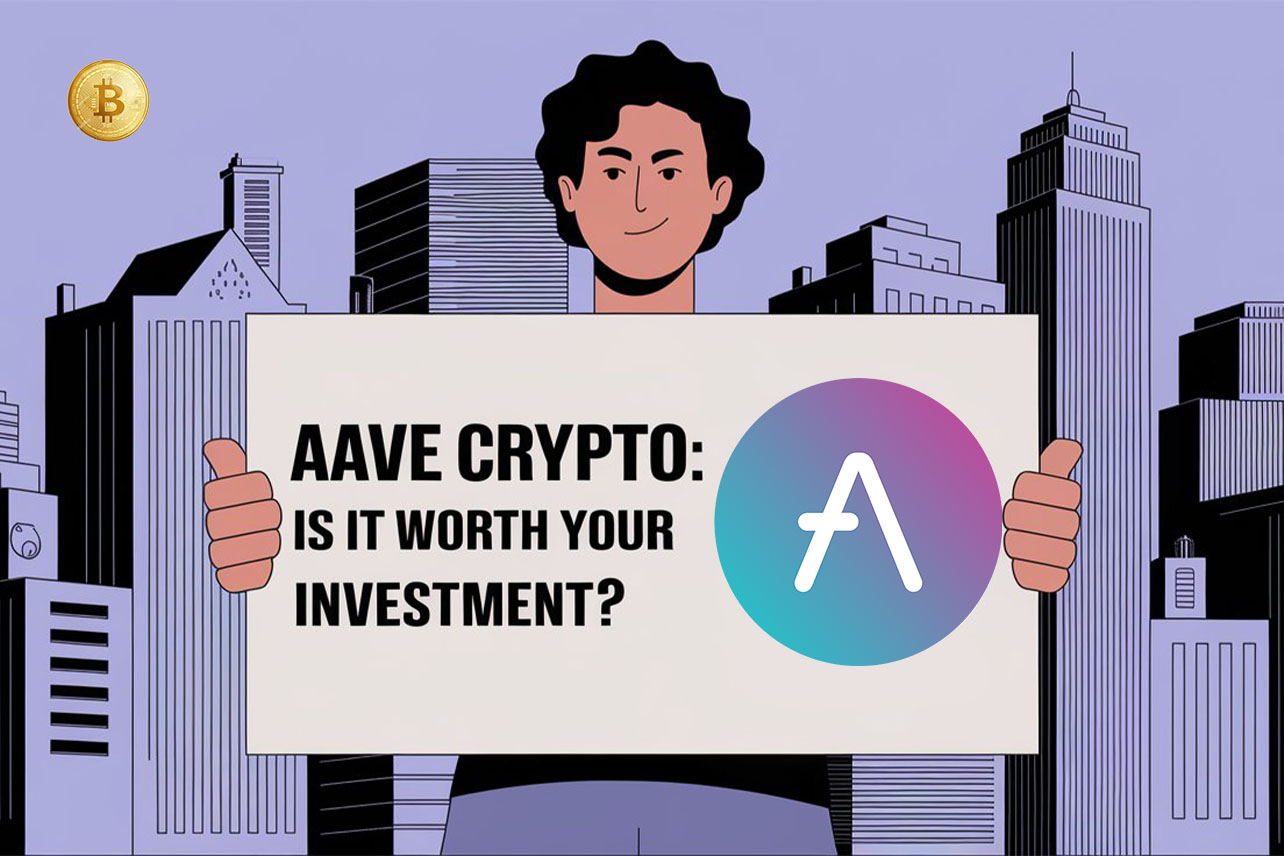The Pi Network: Beyond the Launch Date – What’s the Long-Term Vision?
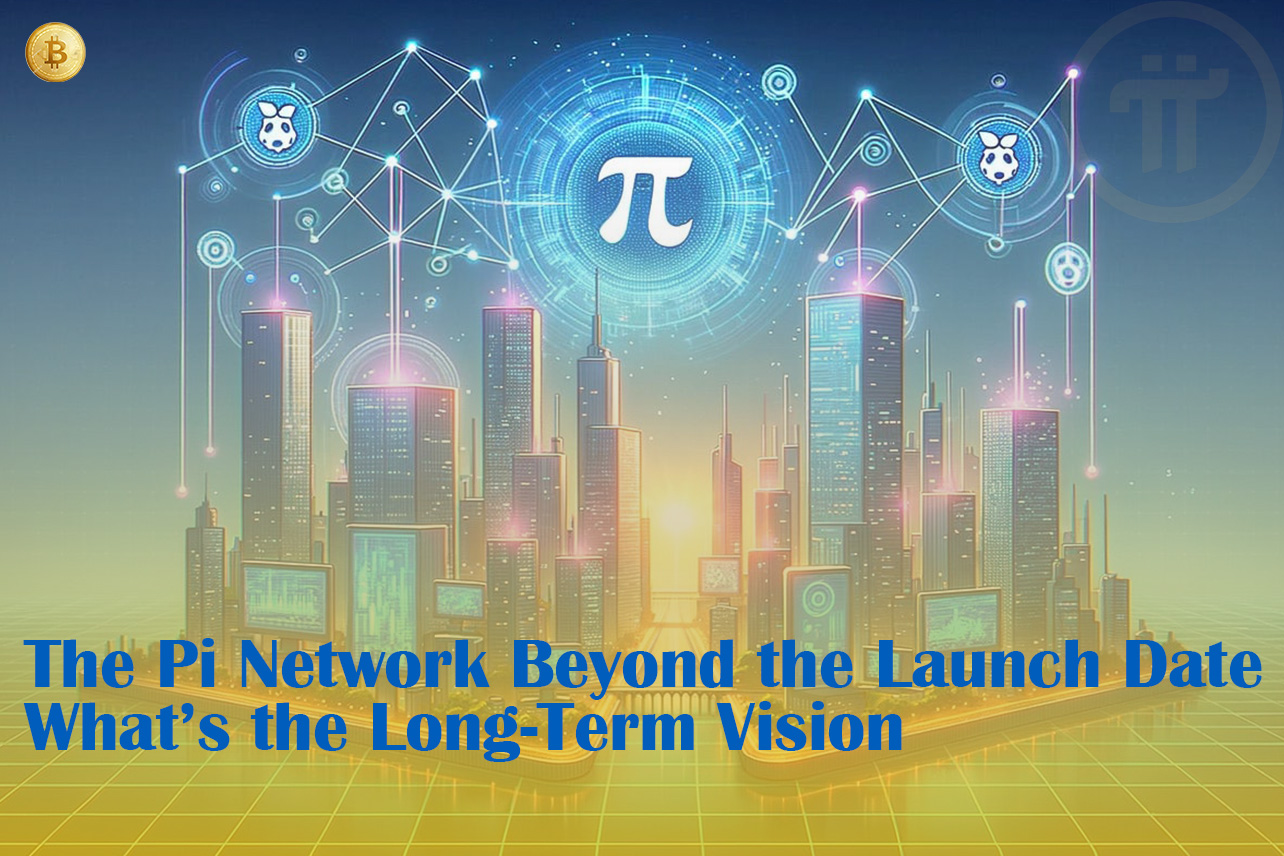
Table of Contents
1. Introduction: The Buzz Around Pi Network
2. The Road to Open Mainnet: Challenges and Milestones
○ 2.1 Condition 1: Comprehensive Preparations
○ 2.2 Condition 2: Decentralization Milestones
○ 2.3 Condition 3: External Factors
3. Long-Term Vision: Building Beyond the Mainnet Launch
○ 3.1 Decentralization and Community Governance
○ 3.2 Expanding the Ecosystem: The Role of dApps
○ 3.3 Global Accessibility and Financial Inclusion
○ 3.4 Utility and Real-World Applications of Pi Coins
4. Potential Challenges and Obstacles
○ 4.1 Regulatory Hurdles
○ 4.2 KYC Verification and User Migration
○ 4.3 Sustaining Community Engagement
5. Conclusion: A Community-Driven Future1. Introduction: The Buzz Around Pi Network
Pi Network has been a hot topic in the cryptocurrency community, drawing interest with its novel approach of making crypto mining accessible to everyday users. Unlike traditional cryptocurrencies that require extensive computational power and energy, Pi allows users to mine using their smartphones. As we approach the much-anticipated Open Mainnet launch, the excitement is palpable, but what lies beyond this milestone? Let’s dive into the Pi Network’s long-term vision and what it aims to achieve in the evolving landscape of digital currencies.
2. The Road to Open Mainnet: Challenges and Milestones
The path to Pi Network’s Open Mainnet launch is not straightforward. It is bound by several conditions and milestones that the community and the core team must meet to ensure a smooth transition. Let’s break down these conditions.
2.1 Condition 1: Comprehensive Preparations
For Pi Network to transition smoothly into Open Mainnet, the team has to finalize all technological, business, and legal preparations. This includes ensuring that the network can handle large volumes of transactions securely and efficiently. The team has been conducting extensive tests and simulations to prepare for potential high-traffic scenarios and unexpected technical challenges.
2.2 Condition 2: Decentralization Milestones
A crucial part of Pi Network’s vision is decentralization. This condition aims for 15 million KYC-verified users and 10 million successfully migrated users to the mainnet. Additionally, the network needs at least 100 high-quality decentralized applications (dApps) to be operational or ready for launch to demonstrate the utility of Pi as a currency.
2.3 Condition 3: External Factors
The final condition hinges on global external factors. The team is cautious about launching in an unfavorable global environment, such as during economic crises or regulatory changes that could negatively impact the network’s adoption and functionality. This prudent approach underscores their commitment to a stable and secure launch.
3. Long-Term Vision: Building Beyond the Mainnet Launch
While the Open Mainnet launch is a significant milestone, the Pi Network’s vision goes much further. It’s about creating a sustainable, decentralized ecosystem that can empower millions around the world. Here are some of the key components of this long-term vision.
3.1 Decentralization and Community Governance
Pi Network is designed to be a community-driven project. The Fireside Forum, a platform where users can collaborate, share ideas, and govern the network, is central to this vision. By enabling decentralized moderation, Pi Network empowers its users to self-regulate and take part in the network’s growth and decision-making processes. This approach not only democratizes governance but also aligns with the fundamental principles of blockchain technology.
3.2 Expanding the Ecosystem: The Role of dApps
For Pi Network to thrive, it must support a vibrant ecosystem of decentralized applications. The core team has been encouraging developers to build dApps on the Pi platform, which could range from financial services to social media and beyond. These applications will be crucial in showcasing the network’s utility and driving widespread adoption. The goal is to have a minimum of 100 high-quality dApps ready by the time of the Open Mainnet launch.
3.3 Global Accessibility and Financial Inclusion
One of Pi Network’s standout features is its accessibility. By enabling mining through a simple mobile app, Pi is democratizing access to cryptocurrency, particularly in regions where high-end mining equipment is not feasible. This inclusive approach aims to bring millions into the global financial system, providing a platform where they can transact, save, and even earn using Pi Coins.
3.4 Utility and Real-World Applications of Pi Coins
The utility of Pi Coins will be a critical determinant of the network’s success. The team envisions Pi being used for various transactions, from buying goods and services to peer-to-peer payments. There are also plans to integrate Pi with local businesses, allowing users to spend their Pi Coins in real-world scenarios. Such developments will significantly enhance the coin’s value and its role as a medium of exchange.
4. Potential Challenges and Obstacles
As with any ambitious project, Pi Network faces several challenges that could impact its progress.
4.1 Regulatory Hurdles
Cryptocurrencies are subject to varying degrees of regulatory scrutiny around the world. Pi Network will need to navigate this complex landscape to avoid potential legal issues that could disrupt its operations or limit its accessibility.
4.2 KYC Verification and User Migration
The network’s target of 15 million KYC-verified users is ambitious. The KYC process is crucial for ensuring the legitimacy of users and preventing fraud, but it has proven to be a bottleneck for many. Successfully migrating a large user base to the mainnet will be a testament to the network’s resilience and organizational capabilities.
4.3 Sustaining Community Engagement
Maintaining high levels of community engagement is vital for the network’s success. The Pi Core Team is investing in community tools like the Fireside Forum to keep users involved and engaged. However, ensuring sustained participation over the long term will be challenging as the initial excitement of the launch begins to wane.
